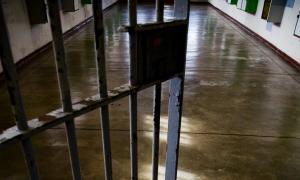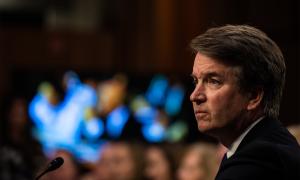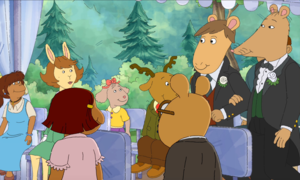article
Teaching About Mass Incarceration: The Ongoing Narrative of Racial Oppression

We need to talk about mass incarceration in schools, and the conversation can’t stop after one discussion.

Our nation deserves leaders who respect the rights and dignity of all people and who are committed to the values of our democracy. We must, therefore, unite to reject hate and bigotry and to make responsible choices.
Banned Books Week is Sept. 22 to 28, 2024. Learning can help us to resist hate and bias and counter limited narratives that have traditionally excluded diverse perspectives.


